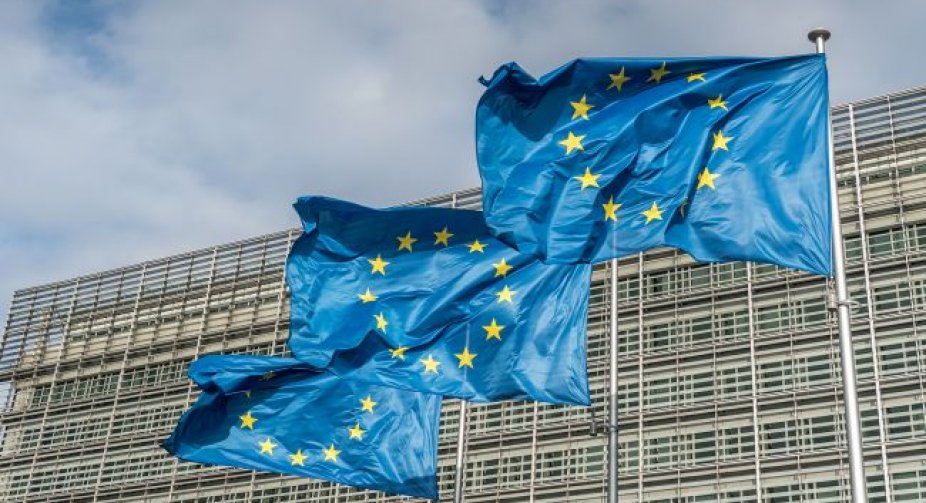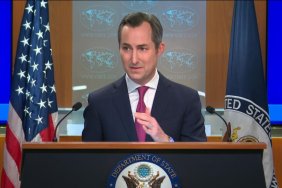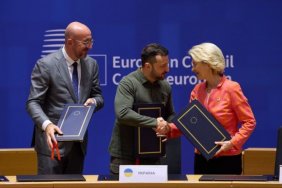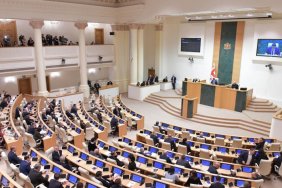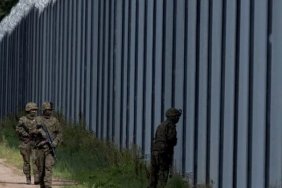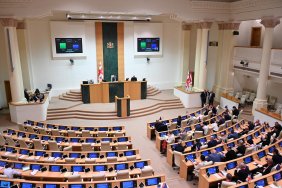The European Union on Monday approved its 14th package of sanctions against Russia in response to the ongoing war in Ukraine.
This package includes both economic and individual sanctions. According to a statement from the European Commission, the new measures were designed to eliminate the circumvention of previously imposed sanctions, particularly in the energy and trade sectors.
"The 14th package is a demonstration of our unity and assistance to Ukraine, and it is intended to limit Russia's criminal actions against Ukrainians," said Josep Borrell, the EU's High Representative for Foreign Affairs.
The sanctions target an additional 116 individuals and legal entities deemed responsible for threatening Ukraine's territorial integrity, sovereignty, and independence.
New restrictions include bans on ship-to-ship or ship-to-shore liquefaction services of Russian natural gas from the EU to third countries. However, these restrictions do not affect imports and re-exports to third countries through the EU.
EU parent companies will now be required to monitor their subsidiaries in third countries to ensure compliance with sanctions and prevent evasion.
Sanctions have also been imposed on 27 tankers and ships from the so-called Russian shadow fleet, which have been used to transport weapons or Ukrainian grain.
Additionally, it has been announced that singer Polina Gagarina and businessmen Igor Altushkin, Roman Trotsenko, and Taimuraz Boloev have been added to the sanctions list.
To further restrict financial transactions, the EU has imposed sanctions on the Russian counterpart of the SWIFT rapid transfer system.
Political parties, media, and non-governmental organisations operating in the European Union are now prohibited from receiving funds from the Russian state or related organisations.
EU airlines are also banned from signing contracts with Russian citizens or organisations for charter and private flights worldwide.
